Kurs przeznaczony do Monitorowania losu absolwentów IACP
- Nauczyciel: Paweł Filipkowski
- Nauczyciel: Agnieszka Głowacz-Różyńska
- Nauczyciel: Christian Jungnickel
- Nauczyciel: Marek Tobiszewski
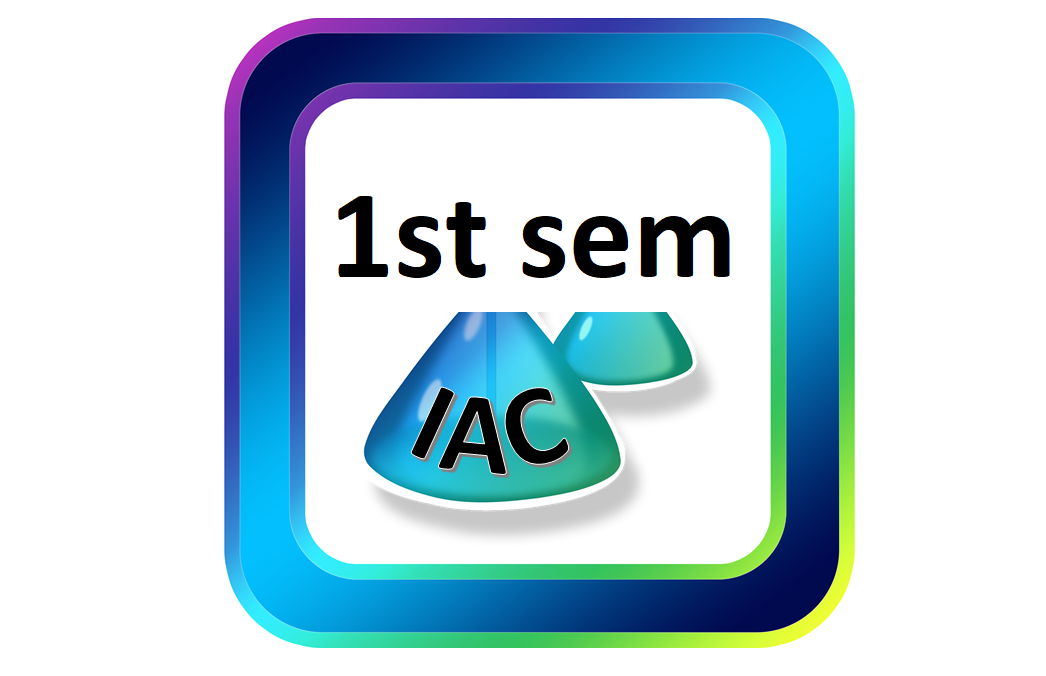
Inter Applied Chemistry Programme 1
Lecture 1 background reading Read the following : Chapter 1 Introduction to Forensic Science ( From Jackson, Jackson, Mountain and Brealey, Forensic Science, Pearson 4th Ed (2016)) Very general professional guidance/Introduction United Nations can be found within these guides, (these are mainly for reference purposes) https://www.unodc.org/documents/scientific/Crime_scene_awareness__Ebook.pdf https://www.unodc.org/documents/justice-and-prison-reform/cjat_eng/Forensic_services_and_infrastructure.pdf Task 1: What is Forensic Science A definition of forensic science is “relating to a court of law”, so therefore any subject area relating to legal proceedings in a professional content can be called forensic. Choose an area within forensic science and give a brief account (approximately 500 words) of the subject defining how the science is related to the court of law and a good example of its use in a crime. Lecture 2 background reading Linville and Lui, Forensic Science: Fact or Fiction, Science, June 21, 2002 http://www.sciencemag.org/careers/2002/06/forensic-science-fact-and-fiction Task 2: Perceptions of forensic science Summarise a fictional example of forensic science or crime and discuss how realistic you perceive the science to be portrayed. At this stage we do not need to worry too much about the full details of the actual science, but more about its perception and how it has been communicated. Please carry out this task in a short notes style, up to 1000 word limit. Some examples include a Sherlock Holmes story, more modern crime books, other forms of entertainments such as television (for example CSI) or films.
- Nauczyciel: Paweł Filipkowski
- Nauczyciel: Calum Morrison
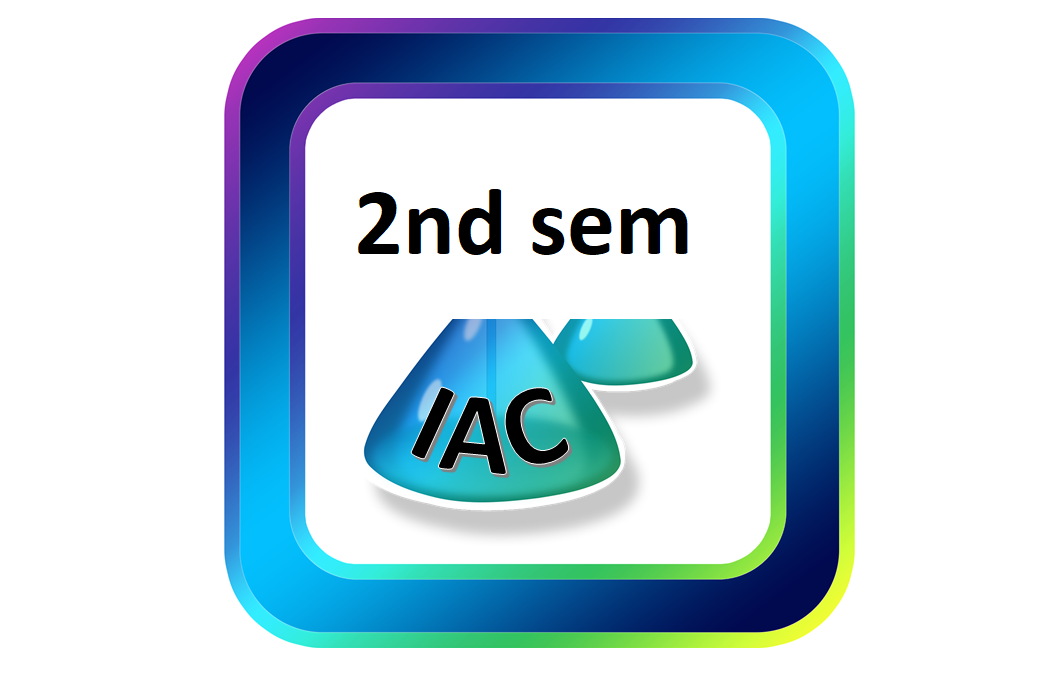
Inter Applied Chemistry Programme 2
- Nauczyciel: Paweł Filipkowski
- Nauczyciel: Petko Pekov
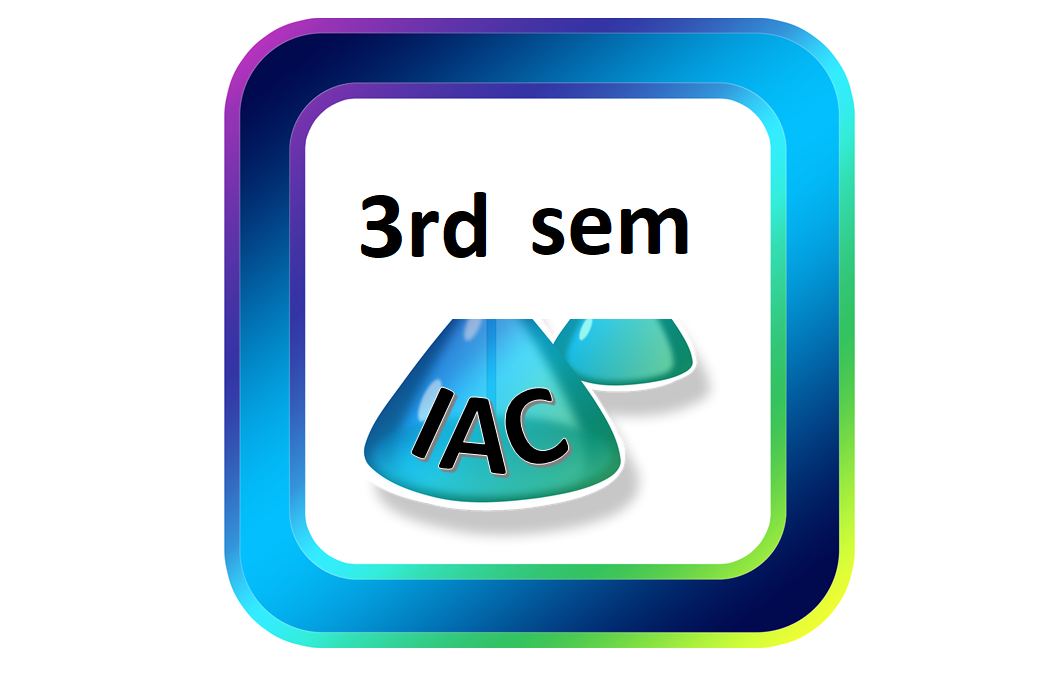
Inter Applied Chemistry Programme 3
Dr. Miodrag Gužvić Title: Genetic toxicology
- Nauczyciel: Paweł Filipkowski
- Nauczyciel: Miodrag Guzvic
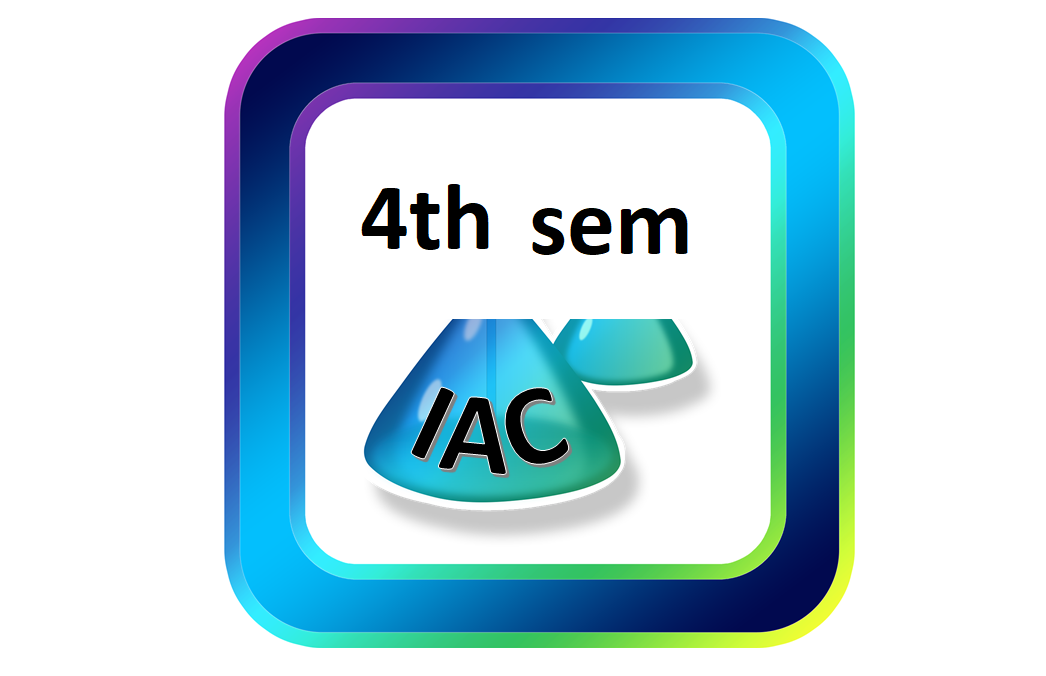
Inter Applied Chemistry Programme 4
- Nauczyciel: Paweł Filipkowski
- Nauczyciel: Francisco Pena-Pereira
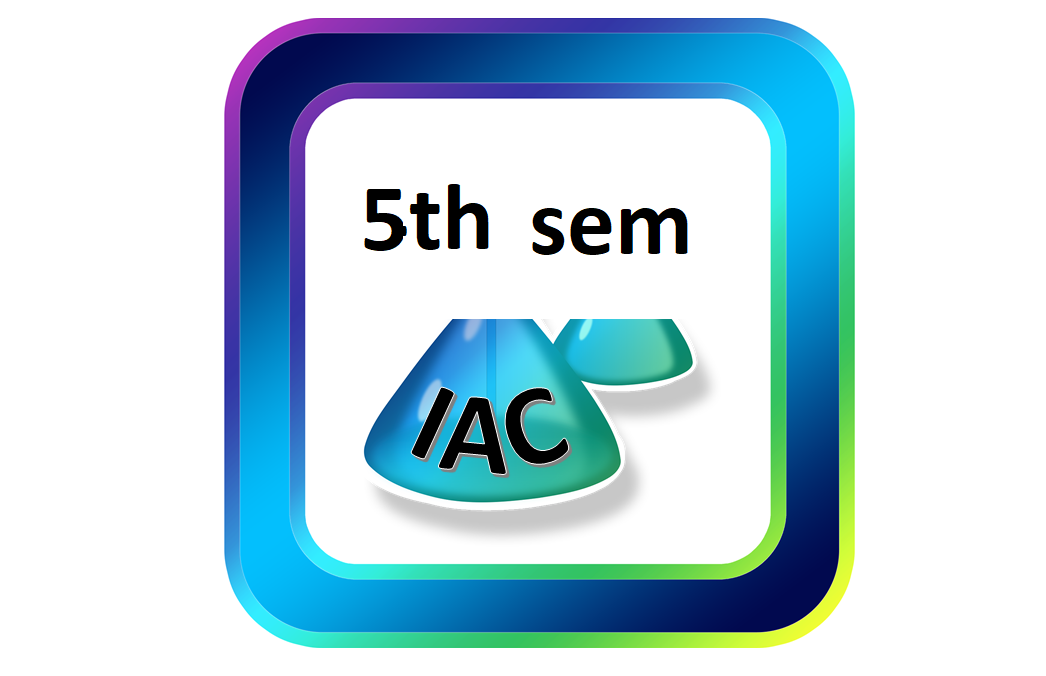
Inter Applied Chemistry Programme 5
Intorduction to hazard assessment of chemicals
Marta Markiewicz

Marta Markiewicz obtained a Master’s degree in Biotechnological Engineering in 2007 from Koszalin University of Technology with the thesis focusing on recovery of native proteins from industrial waste streams using preparative ion-exchange chromatography. Subsequently she obtained a PhD in Technical Science (2012) from Gdańsk University of Technology for her research regarding environmental behaviour of imidazolium ionic liquids. During doctoral period she worked on interactions between surface active compounds, polyromantic hydrocarbons and natural organic matter at Norwegian Geotechnical Institute, Olso, Norway and on interphase behaviour of ionic liquids at mineral surfaces in Advanced Ceramics Group, University of Bremen, Germany. She subsequently became a Marie Skłodowska-Curie postdoctoral fellow at the Centre for Environmental Research and Sustainable Technologies (UFT), University of Bremen, Germany where she worked on proactive environmental hazard assessment of liquid organic hydrogen carriers (LOHCs). After completing her post-doctoral training, she became a research associate managing ecotoxicological laboratory at Sustainable Chemistry group, UFT, University of Bremen, Germany. Since 2017 she has been working as a research associate at the Institute of Water Chemistry, Technical University of Dresden, Germany where she supervises hazard assessment laboratory. Her research interests include: proactive and retrospective assessment of biodegradability, (eco)toxicity and bioaccumulation potential, interaction of organic compounds with soils, minerals and living cells and fate assessment of nanomaterials.
- Nauczyciel: Paweł Filipkowski
- Nauczyciel: Marta Markiewicz
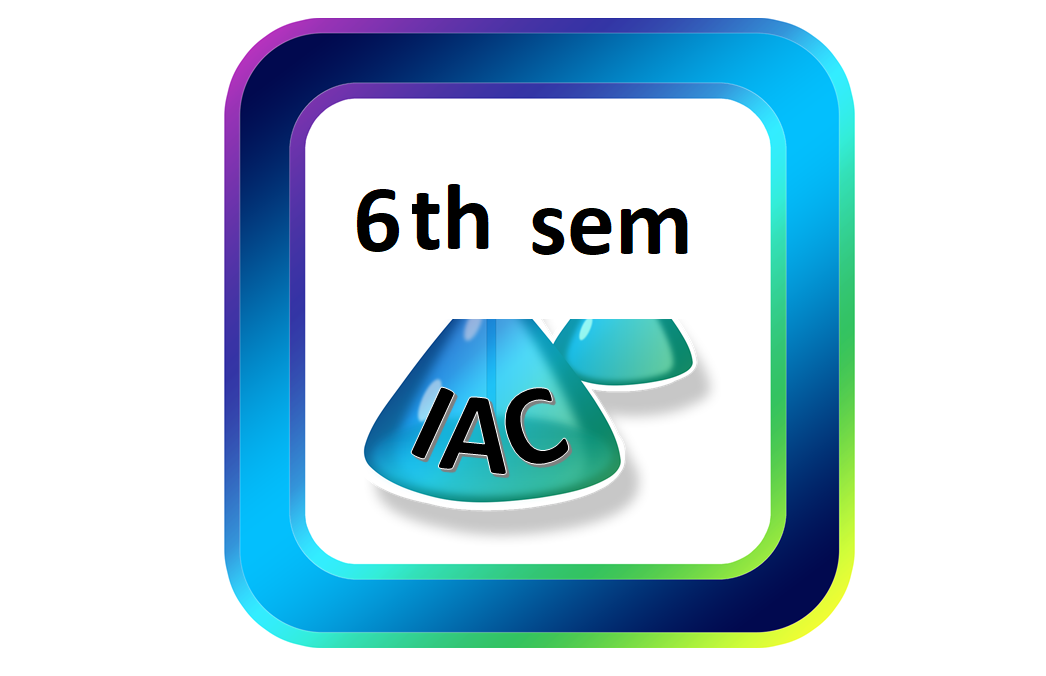
 Inter Applied Chemistry Programme 6 -
Inter Applied Chemistry Programme 6 -
A practical approach to novel industrial enzymes
Dr Natasha Bozic
The purpose of the course is to introduce students to the technologies of industrial enzymes discovery and manufacturing and to provide in depth insight about the advantages of using enzyme preparations in industry.
Lectures will cover the common workflows of industrial enzymology including following topics: general enzyme terminology, nomenclature and classification, enzyme activity and structure; fundamentals of enzyme kinetics: enzyme purification – why to do and when not to do, possible sources of enzymes, recombinant technology, enzymes from genetically modified organisms; engineering enzymes: directed evolution and rational design of biocatalysts;, the selection of strains and fermentation medium, introduction to biochemical and bioprocess engineering, bioreactor design and downstream processing; techniques of immobilization, enzymes in industrial polysaccharides bioconversion processes, starch syrups, bio-ethanol manufacturing; enzymatic modifications of food proteins; new enzymes in biotransformation; therapeutic enzymes, enzymes as analytical reagents, biosensors.
Practical classes will consist of 30h lab work on: a) soil-strain isolation and screening for amylase activity and b) fermentation technology (preparation of media, sterilization, inoculation, batch fermentation, and recombinant enzyme production); downstream processing, measurement of enzyme activity and concentration; application in biocatalysis.
Students will be divided into small groups (3-4 students) and assigned a research project. The topics will be given at the beginning of semester and they will involve literature research and preparation of a research proposal to study/solve the given problem. Presentations for these colloquiums will be given during last week of lectures and will be graded. Involvement in practical classes will also be graded. Final grade will consist of combination of colloquium, practical course and short test which will be given at the end of the course.
The outcome of the course will be overview of the applied enzymology and the approaches used to discover and produce enzymes of industrial importance. Advice for further reading and consultation on possible research projects will follow up at the end of the course.
Dr. Natasa Bozic
Department of Chemistry
Institute for Chemistry, Technology and Metallurgy
University of Belgrade
Serbia
- Nauczyciel: Natasa Bozic
- Nauczyciel: Paweł Filipkowski
- Nauczyciel: Nikola Loncar
Inter Applied Chemistry Programme 7 Dr Charles W. Knapp BSc MSc PhD FHEA
Principles of Environmental Microbiology
- Nauczyciel: Paweł Filipkowski
- Nauczyciel: Agnieszka Głowacz-Różyńska
- Nauczyciel: Christian Jungnickel
- Nauczyciel: Charles Knapp
- Nauczyciel: Marek Tobiszewski
